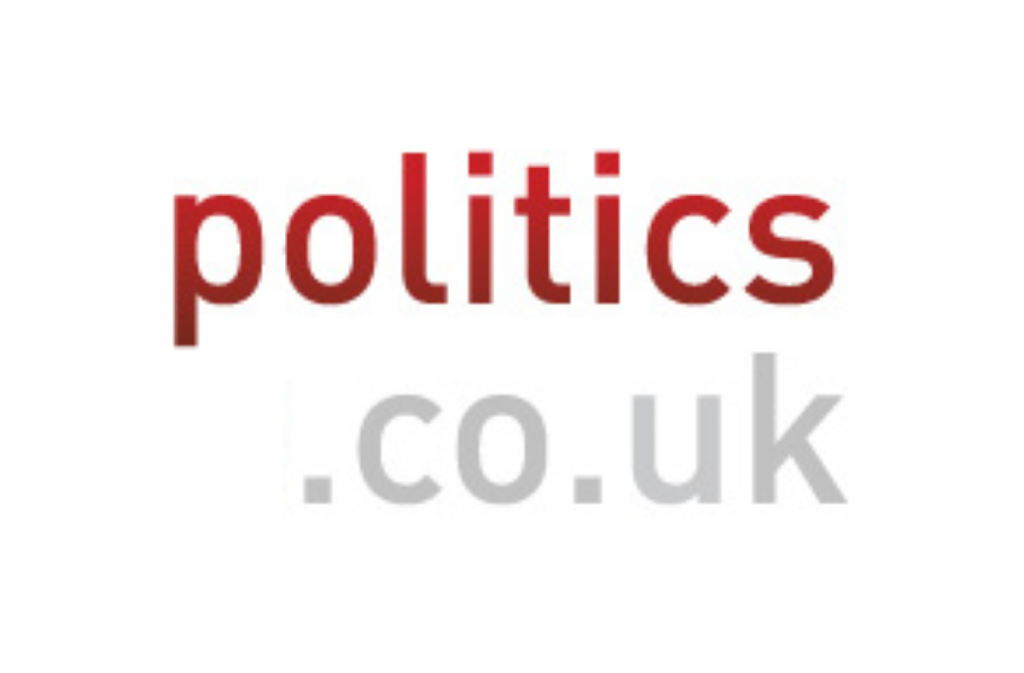Conservative policy groups unveiled
The first of six new Conservative policy groups has today been set up to help decide the direction of the party under its new leader, David Cameron.
The social justice policy group will be chaired by former Tory leader Iain Duncan Smith and will look at how to tackle problems in Britain’s inner cities, such as drug dependency, family breakdown, and low expectations.
During the campaign to succeed Michael Howard, Mr Cameron was deliberately vague about the policies he would introduce as leader, saying he preferred to come up with formal proposals in consultation with his shadow cabinet.
This has yet to be announced, although details are expected in the next few days, with William Hague likely to be given the foreign affairs brief.


However, the creation of policy groups – which will spend about 18 months consulting – is a first step, although the new leader has made clear recommendations would not set party policy, but would be used to inform it.
Launching the initiative at the Eastside Young Leaders’ Centre in East London, Mr Cameron said: “Yesterday, I set out the big challenges that face this country in the years ahead. One of the biggest is making sure that we build a stronger society.”
Too often, he said, solutions to family breakdown, drug and alcohol abuse, care for the elderly and other social problems were based on policies generated in Whitehall.
But some of the best ideas came from community and voluntary groups working on the ground, he explained, which was why he intended his policy groups to be made up of eight experts from outside politics, and just two Tory MPs.
“I’m very excited about this – the Conservative party has got to show over the next year or the next two years a real, serious programme of hard work to get to grips with long-term challenges this country faces,” Mr Cameron continued.
“I will be announcing other policy groups, but can’t think of a better place to start than helping communities…turn themselves around.”
He added: “The test of all our policies will be what it does for the people who have the least – how can we help people climb the ladder from poverty to wealth?”
Mr Duncan Smith, who will be chairing the social policy group with Debbie Scott, chief executive of charity Tomorrow’s People, as his deputy, said he was “delighted” to be part of the project and welcomed the commitment to social action it represented.
“The policy group’s work will be built on the solutions that Britain’s rich network of social entrepreneurs have already found to some of the country’s deepest social problems,” he said.
“The work of this group will make a major contribution to the building of a Conservative party that offers policies that are good for the floating voter and good for Britain’s most disadvantaged communities.”
Announcements on the five remaining policy groups, looking at the economy, public services, quality of life and national and international security, are expected shortly.









